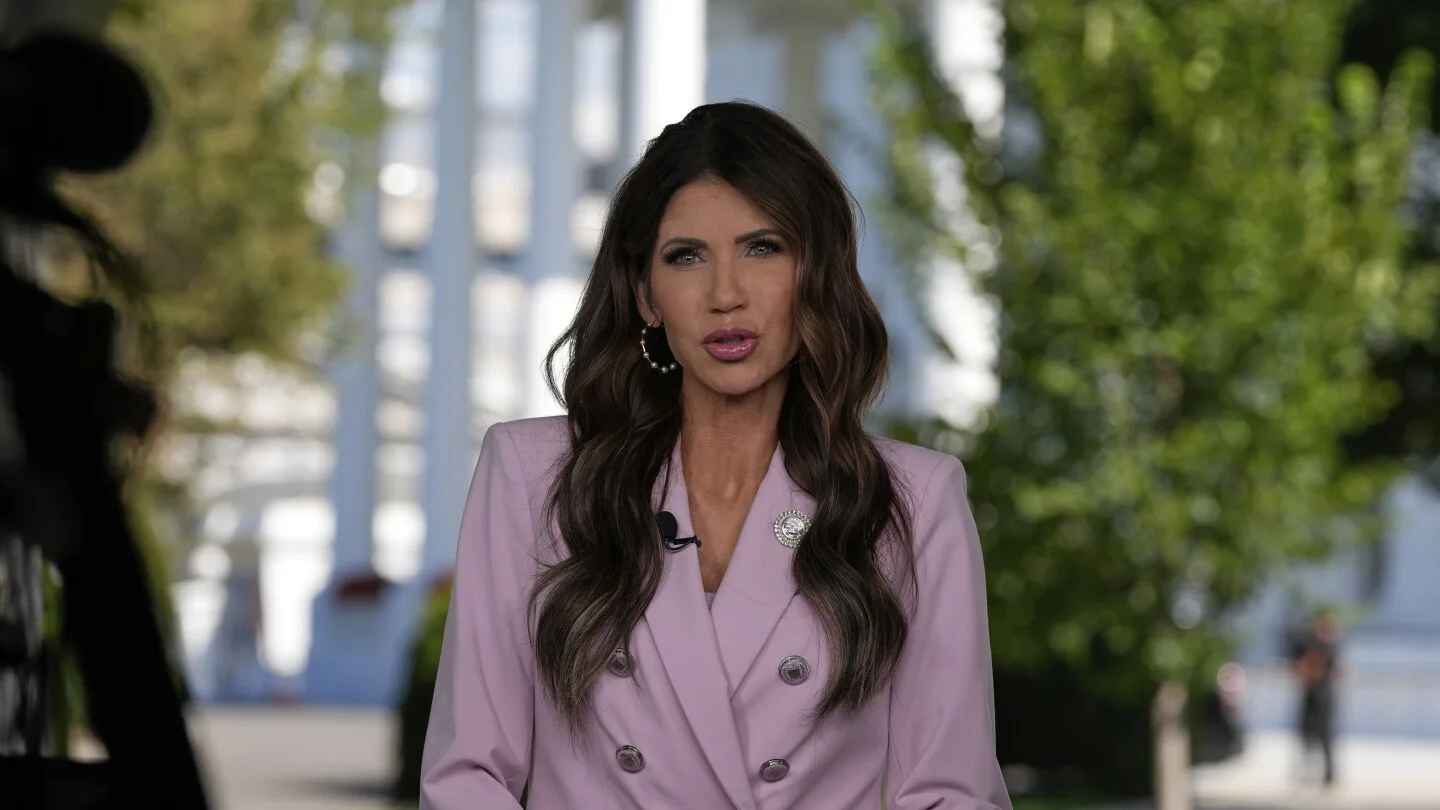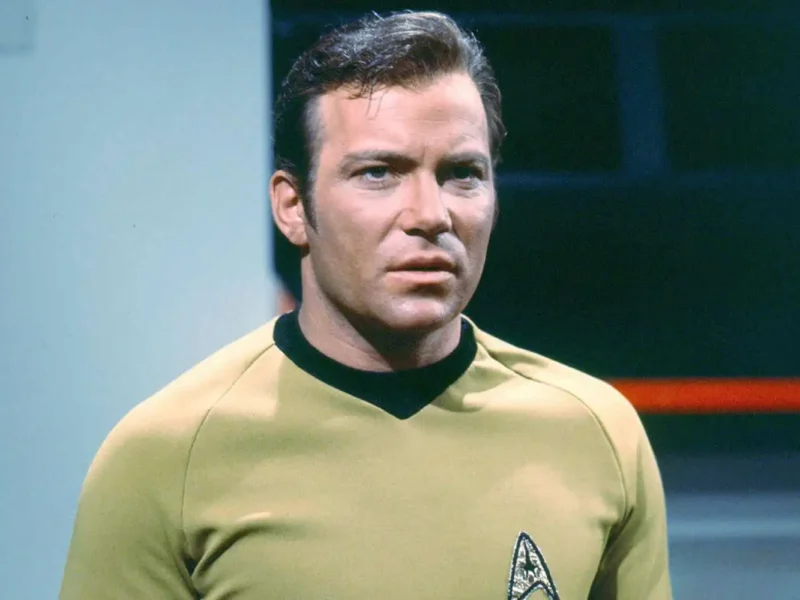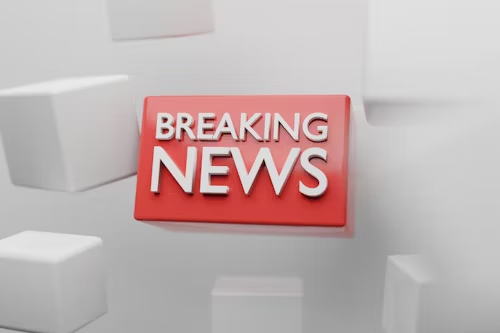Washington, DC – Secretary of Homeland Security Christie Noem announced on Sunday that the Trump administration will intensify immigration enforcement in Chicago, drawing significant attention amid concerns about the city’s crime rates. The announcement also reflects former President Donald Trump’s criticism of Democratic leadership in Illinois regarding rising violence.
AI-Generated Music: The Future of Sound or a Passing Trend?
What Is Happening in Chicago?
During an interview on CBS News’ Facing Nation, Noem revealed that the Department of Homeland Security (DHS) plans to increase its presence in Chicago, the third-largest city in the United States. The department has reportedly requested logistical support from Naval Station Great Lakes to aid federal operations.
Noem emphasized that while DHS and Immigration and Customs Enforcement (ICE) already operate in Chicago, this new initiative will provide additional resources and personnel. However, the exact number of federal agents to be deployed has not been disclosed.
This move is part of a broader federal effort to address immigration and crime issues in major cities, including Washington, DC, and Los Angeles, where federal forces have already been deployed in recent months.
Key Figures Involved
- Christie Noem – Secretary of Homeland Security, overseeing the increased federal operations in Chicago.
- Donald Trump – Former President, advocating federal intervention and criticizing Illinois’ leadership over rising crime.
- J.B. Pritzker – Governor of Illinois, opposing federal immigration actions and maintaining that Chicago’s crime rate is decreasing.
- Brandon Johnson – Mayor of Chicago, instructing local police not to collaborate with federal immigration enforcement.
Background and Timeline
- Sunday Announcement: Noem outlined plans for increased federal immigration enforcement in Chicago, with logistic support requested from Naval Station Great Lakes.
- Previous Federal Action: This follows deployments of National Guard soldiers to Washington, DC, and Los Angeles to assist with crime and immigration issues.
- Local Opposition: Both Governor Pritzker and Mayor Johnson have publicly opposed federal intervention, citing potential political motivations and risks to the immigrant community.
Public and Social Media Reaction
The announcement has sparked mixed reactions online. Supporters of the Trump administration argue the move is necessary to curb Chicago’s rising crime rate, while critics claim it constitutes federal overreach, particularly concerning immigration enforcement.
Local leaders, including Pritzker and Johnson, have voiced concerns about political motives and the potential impact on upcoming elections. Many residents, especially in immigrant communities, are worried about the consequences of increased federal involvement in local law enforcement.
What Happens Next?
As the Trump administration moves forward, local authorities are exploring legal action to block federal participation in Chicago’s policing. Noem defended the initiative, stating that federal action is within Trump’s constitutional authority to protect national security and public safety.
The situation has left the community divided, with some welcoming federal intervention and others fearing its effects on immigrant populations in the city.
Conclusion
The Trump administration’s plan to ramp up immigration enforcement in Chicago underscores ongoing tensions between federal and local authorities. While supporters highlight public safety benefits, critics warn of political overreach and potential harm to immigrant communities. The coming weeks will determine how federal actions and local resistance shape the city’s response.


